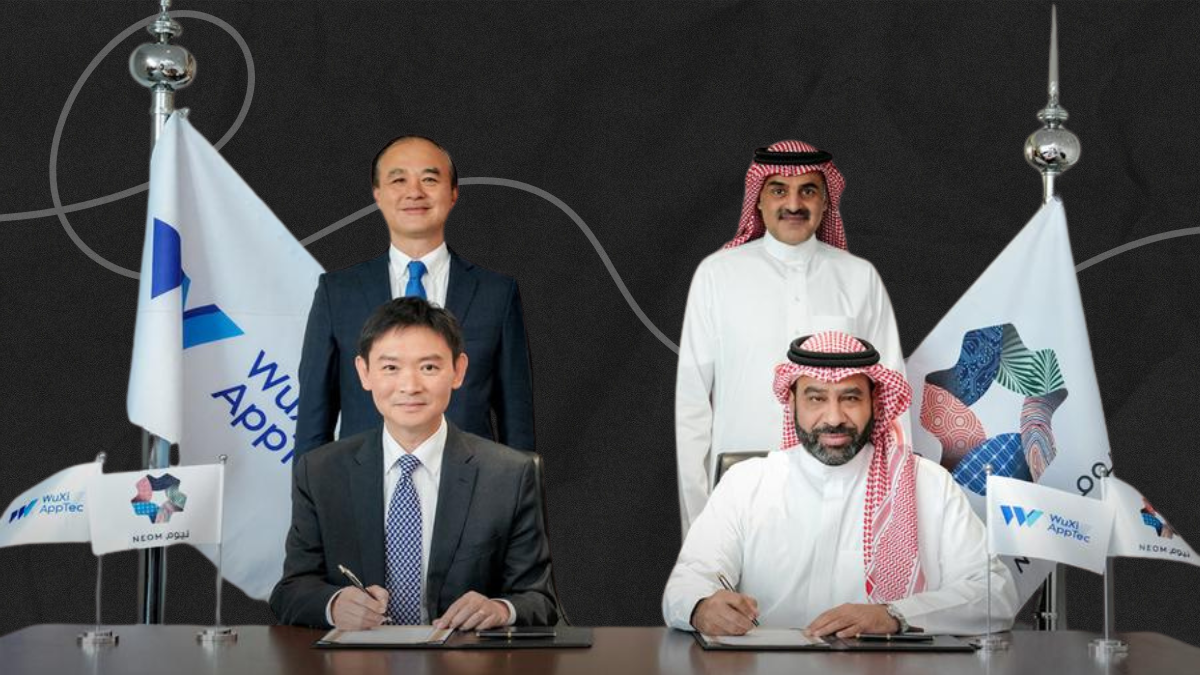Visa and Noon Payments Unveil Revolutionary Global Merchant Payment Passkey

3 min
Visa and Noon Payments introduce a global merchant payment passkey, eliminating traditional logins.
The passkey uses FIDO standards, ensuring biometric data remains on your device, enhancing security.
Visa's platform integrations aim to make it easy for merchants, improving checkout experiences significantly.
Adoption depends on user comfort with biometrics, despite privacy concerns and debates.
This could be pivotal for MENA's digital payments as contactless trends gain momentum.
Visa and Noon Payments have joined forces to roll out what they’re calling the world’s first global merchant payment passkey, unveiled during Sibos 2025 in Frankfurt. The new system promises to do away with the usual logins and fiddly one-time passcodes, letting people check out online with just their fingerprint, a quick glance or a simple PIN on their own device. Noon Payments has stepped in early, becoming the first provider in the MENA region to bring the option to merchants and shoppers alike.
The technology leans on open FIDO (Fast Identity Online) standards, which are already common in cybersecurity circles. That means your fingerprint or face scan never leaves your phone; it’s not floating around in some cloud server. In theory, it should work across different devices and payment channels. To tighten the loop, Visa has linked the passkey into its Acceptance Platform services such as Payer Authentication and Authorisation, the behind-the-scenes checks that keep cards and transactions secure.
From a merchant’s point of view, integration is meant to be fairly painless—almost plug-and-play, as Visa puts it. The system is designed to speed up checkout, cut down on wrong entries, and even make training new staff less of a faff. And given that the UAE has already set a 2026 deadline to move away from SMS and email codes toward app-based authentication, the timing feels rather spot on.
I’ll be honest: I reckon most online shoppers are sick and tired of typing out random numerical codes sent over patchy networks. Shaving even a few seconds off checkout can make a big difference, especially in markets like the Gulf where mobile commerce is booming. I still remember chatting with a small retailer in Dubai last year who was tearing his hair out over lost sales whenever customers abandoned carts because of password resets. A system like this could well be the sort of tool that keeps people from jumping ship midway.
On the flip side, adoption will depend on how comfortable people really feel with biometrics, even if the data never leaves their device. Privacy tends to stir heated debates—some are chuffed to bits about convenience, others not quite convinced. But given the global push for digital wallets—like Google Wallet becoming available for Visa cardholders in Jordan and the new Tap-to-Add Card feature in Egypt—it’s clear that the region is steadily tilting toward contactless, seamless experiences.
Whether this passkey becomes the new normal or just another clever add-on, we’ll see. What’s undeniable is that major players like Visa wouldn’t be investing if they didn’t see it as the next leg in payments innovation. For merchants and startups across MENA, it could definately prove to be one of those small shifts that makes a big difference.
🚀 Got exciting news to share?
If you're a startup founder, VC, or PR agency with big updates—funding rounds, product launches 📢, or company milestones 🎉 — AraGeek English wants to hear from you!
✉️ Send Us Your Story 👇
 AI
AI Saudi Arabia
Saudi Arabia UAE
UAE Egypt
Egypt








